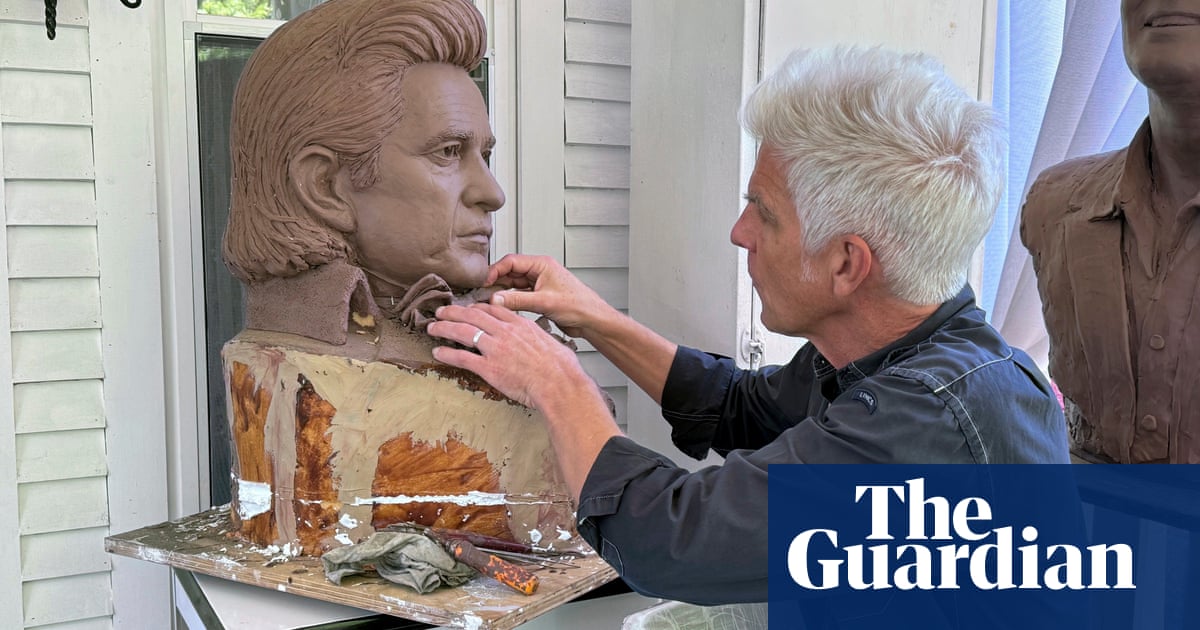The head of the Federal Aviation Administration on Tuesday defended a decision to delay a SpaceX Starship launch because the company hadn't followed permitting and licensing requirements, just days after Elon Musk groused that the FAA's red tape is getting in the way of the company's ambitions.
Mike Whitaker, the administrator of the FAA, told lawmakers on the House Transportation Committee that his decision to delay SpaceX's launch for a few months is grounded in safety, and defended the $633,000 fine his agency has proposed against SpaceX as the “only tool” the FAA has to ensure that Musk's company follows the rules.
The fine is related to two launches SpaceX conducted in 2023 using plans not approved by the agency. The FAA has separately decided to delay SpaceX's fifth test launch for its Starship megarocket over not following launch license procedures.
"The delay of the Starship has to do with SpaceX filing an application and not disclosing if [they] were in violation of Texas, and federal, law on some matters — and that's a requirement to get a permit," Whitaker said.
Whitaker's defense was a response to questions from Rep. Kevin Kiley (R-Calif.), who asked whether the FAA is placing “undue scrutiny” on SpaceX and hurting innovation.
Whitaker explained the launch delay in particular — punted to November instead of August like Musk had hoped — has to do with permitting laws related to space launches and an updated sonic boom environmental analysis involving a larger area around Musk's Boca Chica, Texas, launch site, which requires the FAA to first consult with the Fish and Wildlife Service.
That's because SpaceX, in a first, will attempt to return the rocket booster to the Boca Chica site once it separates from the Starship vehicle, and the reentry could create a sonic boom that disturbs wildlife.
Kiley argued those reviews don't have anything to do with safety, prompting Whitaker to shoot back: “I think the sonic boom analysis is a safety related incident. I think the two month delay is necessary to comply with the launch requirements, and I think that's an important part of safety culture.”
When Kiley asked what can be done to move the launch up, Whitaker said, “complying with regulations would be the best path."
During the hearing, Whitaker also said a safety management system that helps uncover and mitigate risks — like ones required by airlines as well as manufacturers like Boeing — would do SpaceX some good and should generally “exist in commercial space.”
Speaking to reporters after the hearing, Whitaker did not address questions about whether he’s spoken with Musk about the incidents but reiterated whether it’s companies like Boeing or SpaceX, they should “have the same oversight” and implement safety management systems, even voluntarily.
Last week, Musk said he’s taking his issue with the agency to Congress. In a letter addressed to leadership on the Senate Commerce Committee as well as the House Science Committee, SpaceX’s lawyer David Harris gave a point-by-point counterargument to the FAA’s alleged account of SpaceX’s violations during two launches last year.
“SpaceX forcefully rejects the FAA’s assertion that it violated any regulations,” Harris said. Musk posted the letter on X, dinging the FAA for involving itself in “petty matters that have nothing to do with safety.”
Musk also said the government should instead pay its attention to the flawed Starliner program. The spacecraft is made by Boeing and managed by NASA, not the FAA.

 German (DE)
German (DE)  English (US)
English (US)  Spanish (ES)
Spanish (ES)  French (FR)
French (FR)  Hindi (IN)
Hindi (IN)  Italian (IT)
Italian (IT)  Russian (RU)
Russian (RU) 






















Comments